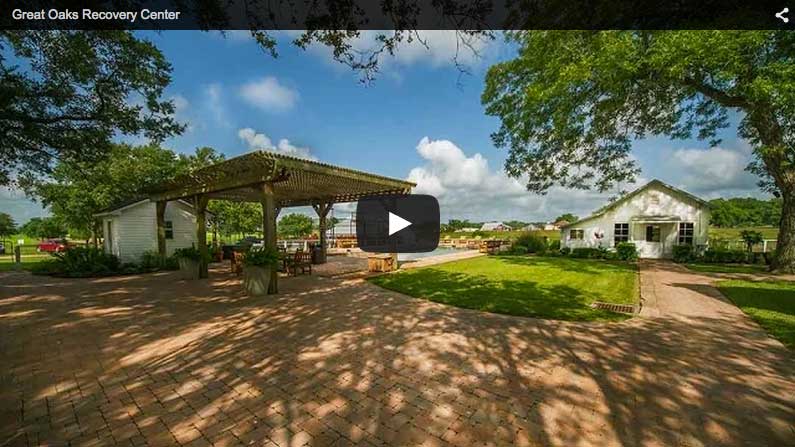If you completed an inpatient rehabilitation program, hopefully you received a continuum of care plan that outlines points specific to your recovery. Identifying primary triggers was probably part of this process, too, so you could apply new learned behaviors as coping mechanisms. But a comprehensive whole-person framework of care also involves helping you know what HALT means and how this understanding impacts your long-term health.
What is HALT and How Does it Apply to Addiction Recovery?
A common acronym used in addiction rehab is HALT, which stands for hungry, angry, lonely, and tired. While literal transference applies—for example, you’re physically hungry because you’re not eating enough—it’s more likely that emotional needs aren’t being met either, and you’re hungry for affection, attention, acknowledgement, and so on. Experiencing aspects of HALT may be trigger-inducing and, if not fully addressed, might lead to a recovery slip or full relapse.
Once you know HALT reactions more deeply, how do you control them before there’s a relapse? On one hand, caring for basic physical needs such as a proper diet and better sleep may be an easy process once you’re aware of the problem. On the other hand, any one of the HALT feelings can increase stress and anxiety levels and, in particular, emotions such as unresolved anger or loneliness in sobriety may require more professional assistance.
Study results published in the Yale Journal of Biological Medicine indicate that knowing HALT responses and how to deal with them is critical for effective recovery. Researchers point to five rules for lasting addiction recovery:
- Change your life.
- Be completely honest.
- Ask for help.
- Practice self-care.
- Don’t bend the rules.
Recognizing HALT reactions before they balloon out of control is an essential aspect of self-care. “Setbacks are a normal part of progress. They are not failures. They are caused by insufficient coping skills and/or inadequate planning, which are issues that can be fixed,” the researchers note. However, ignoring HALT responses is a “natural consequence of prolonged, poor self-care. When individuals exhibit poor self-care and live in emotional relapse long enough, eventually they start to feel uncomfortable in their own skin. They begin to feel restless, irritable, and discontent. As their tension builds, they start to think about using just to escape.”
Know How HALT Affects You and What to Do
The meditation app InsightTimer offers some helpful tips, which we provide verbatim, for taking the all important pause when reactions start to escalate and addressing them clearly.
Are you hungry?
If so, eat healthy snacks to stabilize your blood sugar and mood. Reflect not just on physical hunger, but your emotional needs, too. Unmet needs lead to poor decisions or cravings.
Do you feel angry?
Anger is a powerful emotion for action and change, but it can obscure our judgment when not dealt with properly. Techniques like journaling and recognizing negative emotions help us manage anger constructively.
Feeling lonely?
Feelings of loneliness can deeply impact mental health, contributing to:
- Stress
- Depression
- A diminished sense of well-being
[…] While loneliness can be helped temporarily with a call from a friend, a message in a subreddit, or a cuddle with a pet, sustainably addressing persistent loneliness takes a bigger effort.
Are you tired?
Exhaustion affects our ability to handle stress. Acknowledge the states of being tired, learn to set boundaries effectively, and practice good sleep hygiene to improve your health.
By halting for a moment of assessment, you develop keen awareness of your true state of being and can use your coping skills to forge a new path. In doing so, you reinforce your commitment to wellness and your self esteem: two factors that act as powerful tools against relapse.
Learn to Prevent Relapse at Great Oaks
Recovery is an ongoing process, but at Great Oaks Recovery Center outside of Houston, Texas, our board-certified professionals develop an essential continuing care program with each person who trusts us with treatment. This isn’t a cookie-cutter procedure but a customized, solution-oriented method that helps you or a loved one recognize certain triggers and learn how to respond more healthfully. Our thoughtful approach to aftercare reduces the chance of relapse and increases whole-person wellness. Ask a member of our admissions team for more details.


